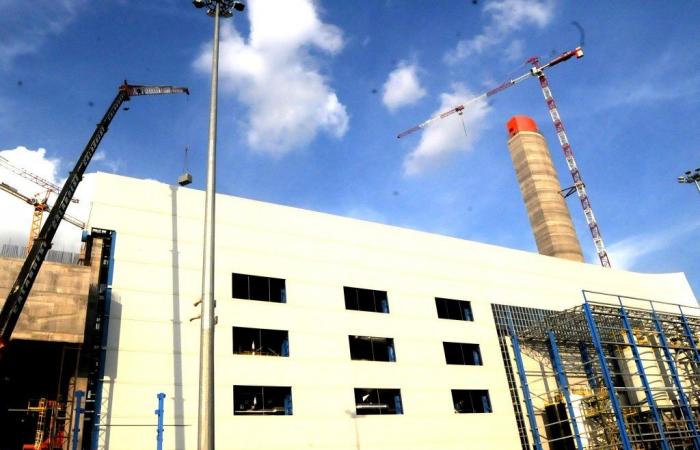
The Municipality of Turin has made it known that it will continue for the three-year period 2024-26 SPoTT program – Surveillance on the health of the population near the Turin waste-to-energy plant. In fact, in a note he explains that: “It will begin in June a new sampling campaign for human biomonitoring (BMU), to monitor the health of residents in the areas affected by the Turin waste incineration plant. The program, foreseen by the environmental compatibility decree, is carried out by SPoTT Working Group (Arpa, AslCittà di Torino, AslTO3, Higher Institute of Health and Experimental Zooprophylactic Institute of Piedmont, Liguria and Valle d’Aosta), thein accordance with the indications of a Scientific Technical Committee established for this purposeis developed with the involvement of the local control committee of the Gerbido waste-to-energy plant”.
What is the SpoTT program
“SPoTT – continues the Metropolitan City of Turin – is an initiative that started in 2013 with the aim of creating a surveillance system to evaluate the effects of Turin’s solid urban waste incinerator, one of the largest in ‘Italy, in the populations residing in the area surrounding the plant, by monitoring any exposure to environmental pollutants deriving from the incineration process, identify possible health effects due to these exposures and provide indications for prevention for the exposed population”.
“The first phase of the program – he explains – ended in 2018, and a second phase was designed and refinanced for the three-year period 2020-2023. The activities have been expanded, divided into 10 project lines, which include biomonitoring (on residents, farmers and plant workers) and epidemiological studies on the population and workers; while on the environmental front it develops a new line of modeling to calculate the dispersion of pollutants, monitoring of food matrices and a line dedicated to mercury deposition on the ground.
The second phase of the project, which obtained funding of almost 1 million 900 thousand euros, however encountered difficulties in terms of human biomonitoring due to the pandemic”.
“But thanks to the joint will of the entire working group, Trm and the local control committee” he explains Alessandro Sicchierodelegated councilor for the environment of the metropolitan city of Turin “it was possible to build, through a series of agreements, an extension of Spott for the three-year period 2024-2026 which allowed us to start human biomonitoring again”
2024-2026: withdrawals restart
“The majority of sampled citizens who are still residents in the areas surrounding the waste-to-energy plant, i.e. in the municipalities of Beinasco, Grugliasco, Rivalta and Turin who had already participated in the previous phases of biomonitoring, declared their willingness to participate in the new sampling phase, starting from 2013”, continues the note.
“A general health check-up will be carried out on the people involved, evaluating basic haematological and urinary parameters, endocrine and respiratory function, and calculating the cardiovascular risk score. Furthermore, useful information will be collected to interpret the results of clinical analyzes thanks to a questionnaire. The questions concern the subject’s environment and living habits, medical history, eating habits and work history, and risk perception. Furthermore, specific tests will be carried out on blood and urine in order to measure the possible presence of the main pollutants associated with emissions (heavy metals, polycyclic aromatic hydrocarbons, polychlorinated biphenyls, dioxins).
The withdrawals will be managed by the ASL City of Turin and the ASL TO3, following direct contact with citizens. The collected samples will be analyzed by the Istituto Superiore di Sanità.
Individual results, regarding the general state of health, will be returned within a few days of the samples; those concerning pollutants, given the complexity of the analysis methods to be applied, will probably be returned within a year.
Specific reports will be drawn up regarding the results of the analyses, presented at a collective level.
The results emerging from the two groups examined (residents closest and furthest from the plant respectively) will be compared with each other and with the results of the previous biomonitoring phases.
The overall results of the biomonitoring will be made available through the Program website: https://www.spott.dors.it/“.




